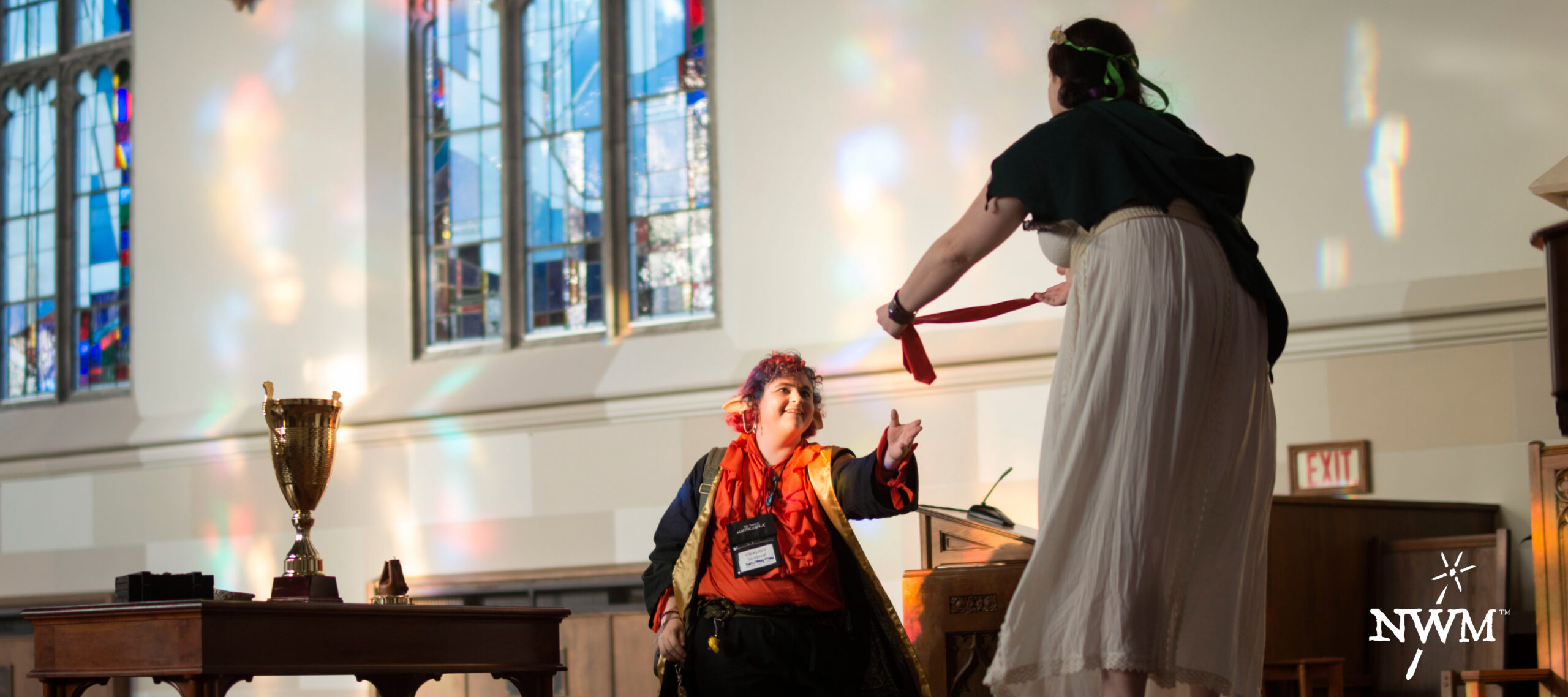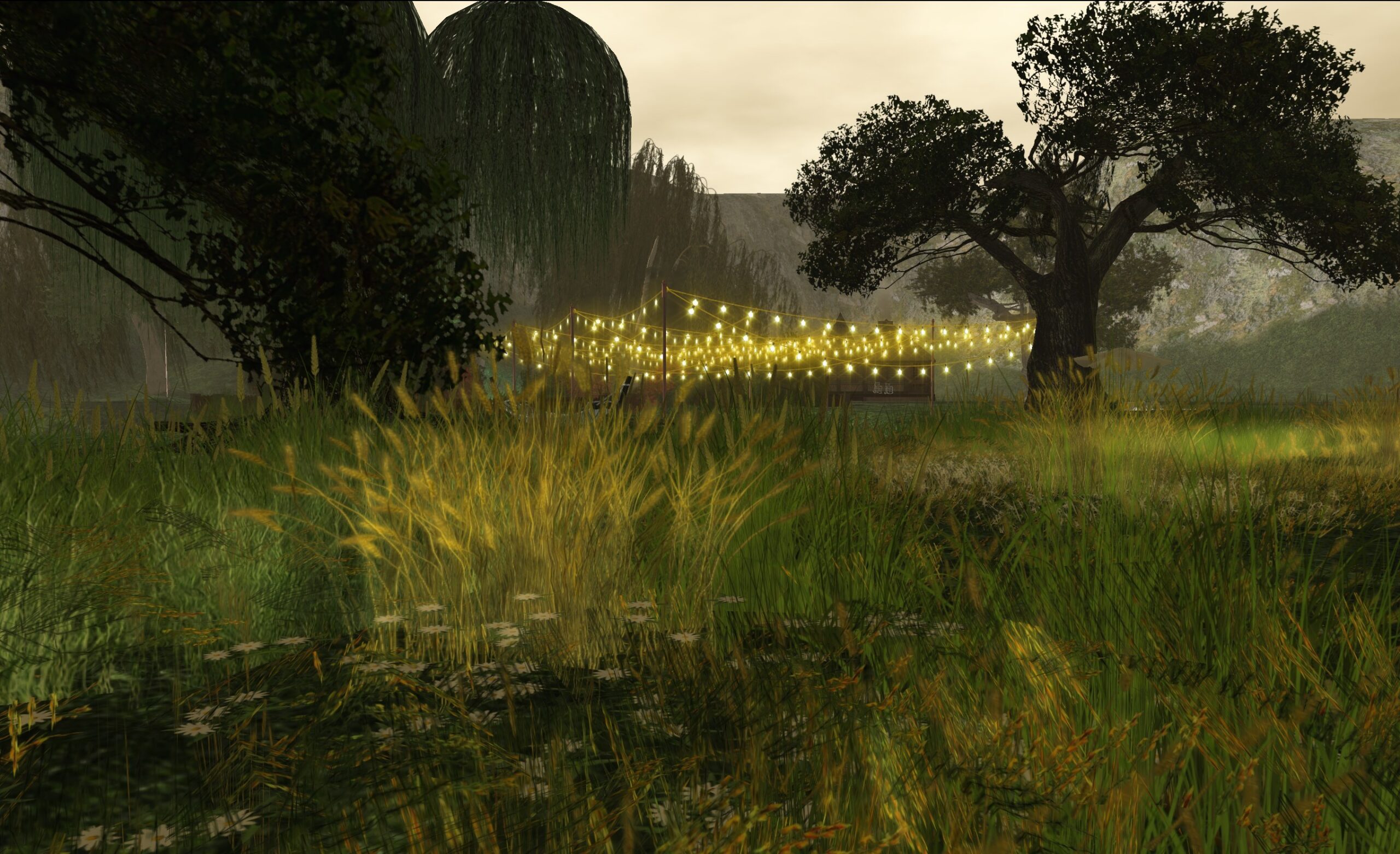Author: Sarah Lynne Bowman
-

White Wolf’s Convention of Thorns – A Blockbuster Nordic Larp
Convention of Thorns is an official White Wolf Nordic-style Vampire: the Masquerade larp. The first run was held between October 27-30, 2016 at Zamek Książ, a castle in Poland. The larp was a joint collaboration between White Wolf and Dziobak Larp Studios. This scenario plays out a crucial moment in the canon of vampiric history,
-

When Trends Converge – The New World Magischola Revolution
New World Magischola is an American blockbuster larp by Learn Larp LLC about students & faculty attending a wizard university in a new US magical universe.
-

Post-larp Depression
in
Larp occupies a unique place among analog games, for it demands as much from players’ bodies as it does from their minds. It comes then as no surprise that many players find themselves in the situation of feeling confused, exhausted, and emotionally raw after a larp event.
-

Returning to the Real World
in
Debriefing After Role-playing Games Debriefing is a somewhat controversial topic in role-playing communities today. While some individuals feel that games should remain distinct from the mundane world and debriefing is an unnecessary complication, many role-players have grown concerned about difficulties in the process of transitioning between intense game experiences back to mundane life. As part